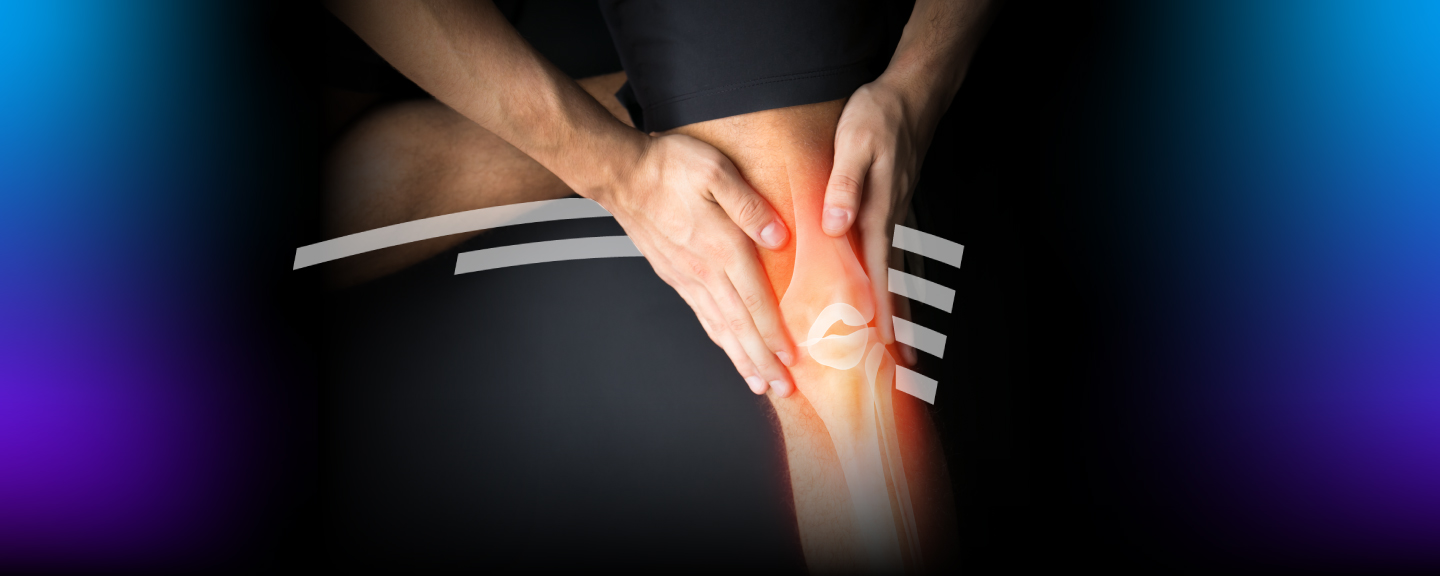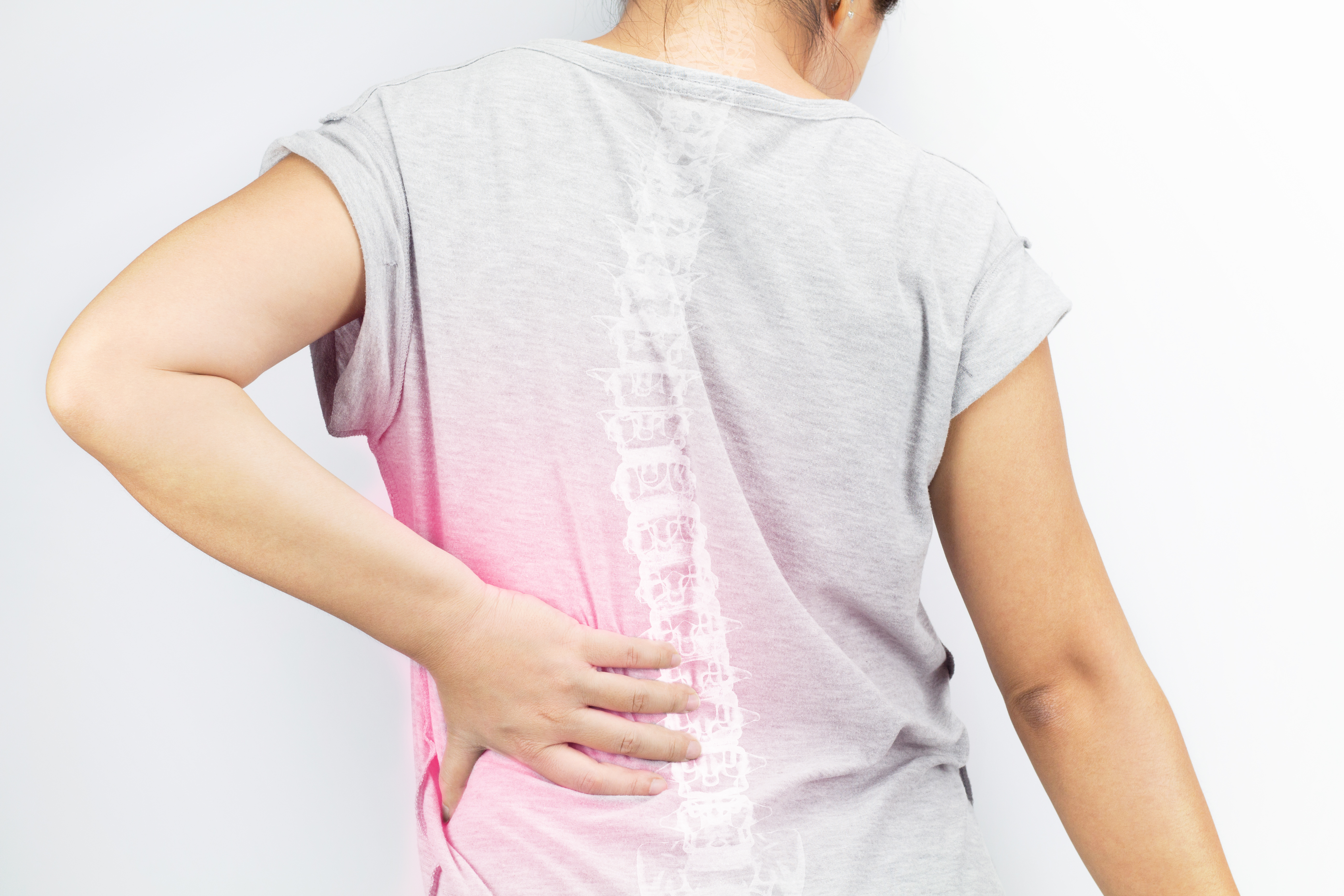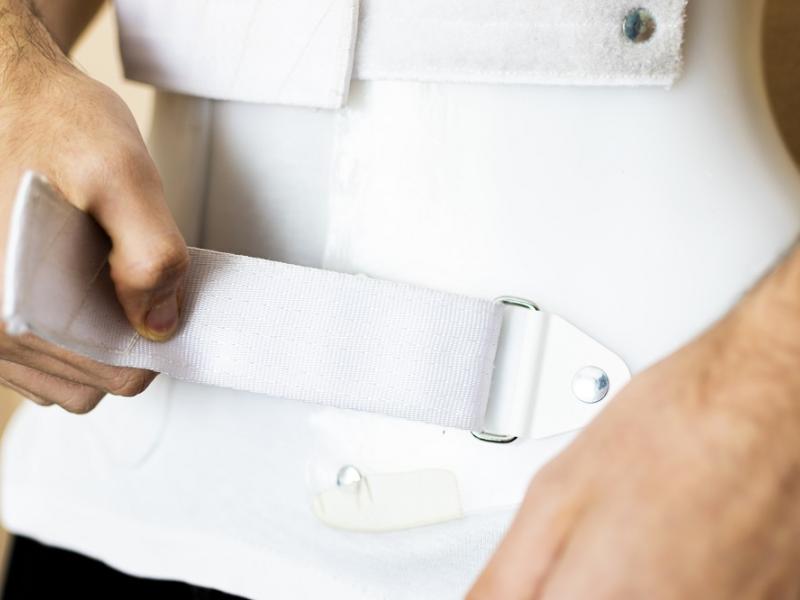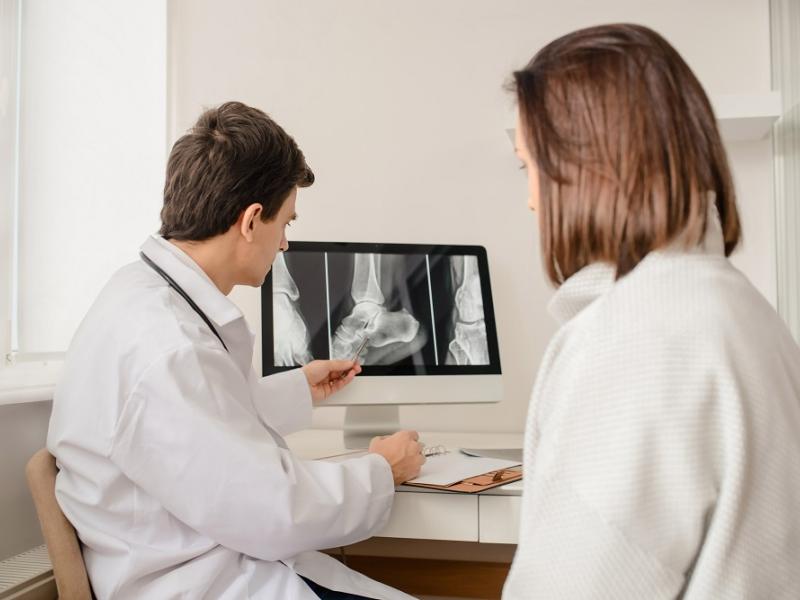Shoulder pain can result from injuries, arthritis or other conditions, and determining the right...
Read More
Your spine protects some of the most essential organs to your functioning: your spinal cord and nerves. If you have a condition that affects your vertebrae, it can lead to pain and limited mobility that can impact your quality of life. The orthopedic specialists at Inspira work in tandem with our neurology team to get you on the right path to recovery from your spinal condition.
Spinal conditions can be caused by a number of different factors, including accidents or injuries, degenerative wear and tear, congenital or inherited disorders, and more. Degenerative spinal conditions—those that typically happen with age—include arthritis, degenerative disc disease, herniated disc, spinal stenosis, and spondylolisthesis. Other spinal conditions include chronic back and neck pain, osteoporosis, vertebral and spinal fractures, scoliosis, and more.
What are Spinal Condition Symptoms?
Spinal condition symptoms depend on the cause and affected area of the spine—from the neck all the way down to the lower back. Symptoms may even affect different parts of your body. Depending on your condition, you might experience:
Orthopedic specialists work alongside neurologists to diagnose spinal conditions in a number of ways. Diagnostic tests may include a physical exam, a neurological exam, and imaging such as X-ray, computerized tomography (CT), and magnetic resonance imaging (MRI). Depending on your symptoms and family health history, your health care provider may also recommend a biopsy or electromyography (EMG)—a test that measures your body’s response to electromagnetic stimuli.

Spinal conditions are treated differently depending on the cause and symptoms.

Some conditions can be treated with medication, injections, or ice or heat therapy. Depending on your diagnosis, cancer treatment may also be necessary to treat your spinal condition.

No matter your diagnosis, physical therapy can help relieve pain and mobilize your spine. Your orthopedic specialist may also recommend a brace to stabilize your spine while it heals.

If other interventions don’t work, surgery is an option to replace discs, connect vertebrae, and/or decompress nerves. At Inspira, we use the most advanced technology and techniques to perform orthopedic surgeries, including a state-of-the-art robotic navigation platform for spinal stabilization that brings increased precision and efficiency to the operating room.
At Inspira, we use multidisciplinary care to treat your spinal condition, whether it’s resulting from a sudden injury or a degenerative disease. Our orthopedic specialists, neurologists, and neurosurgeons work together to properly diagnose and treat your pain with advanced surgical techniques and minimally invasive procedures to help you recover faster with fewer complications.
Recovery time depends on your diagnosis and the specific type of surgery you’ve had. Some minimally invasive surgeries may allow you to get back to doing simple, low-impact activities in about 4 to 6 weeks, while others may take 6 months or a year to completely recover. Your health care provider can give you more guidance on the details of your specific procedure.

Shoulder pain can result from injuries, arthritis or other conditions, and determining the right...
Read More
What happens when you injure yourself in a way that no surgeon in your area has ever seen, much less...
Read More
Exercise is vital to good health, but sports and other physical activities can cause injury. Here’s...
Read More
The material set forth in this site in no way seeks to diagnose or treat illness or to serve as a substitute for professional medical care. Please speak with your health care provider if you have a health concern or if you are considering adopting any exercise program or dietary guidelines. For permission to reprint any portion of this website or to be removed from a notification list, please contact us at (856) 537-6772